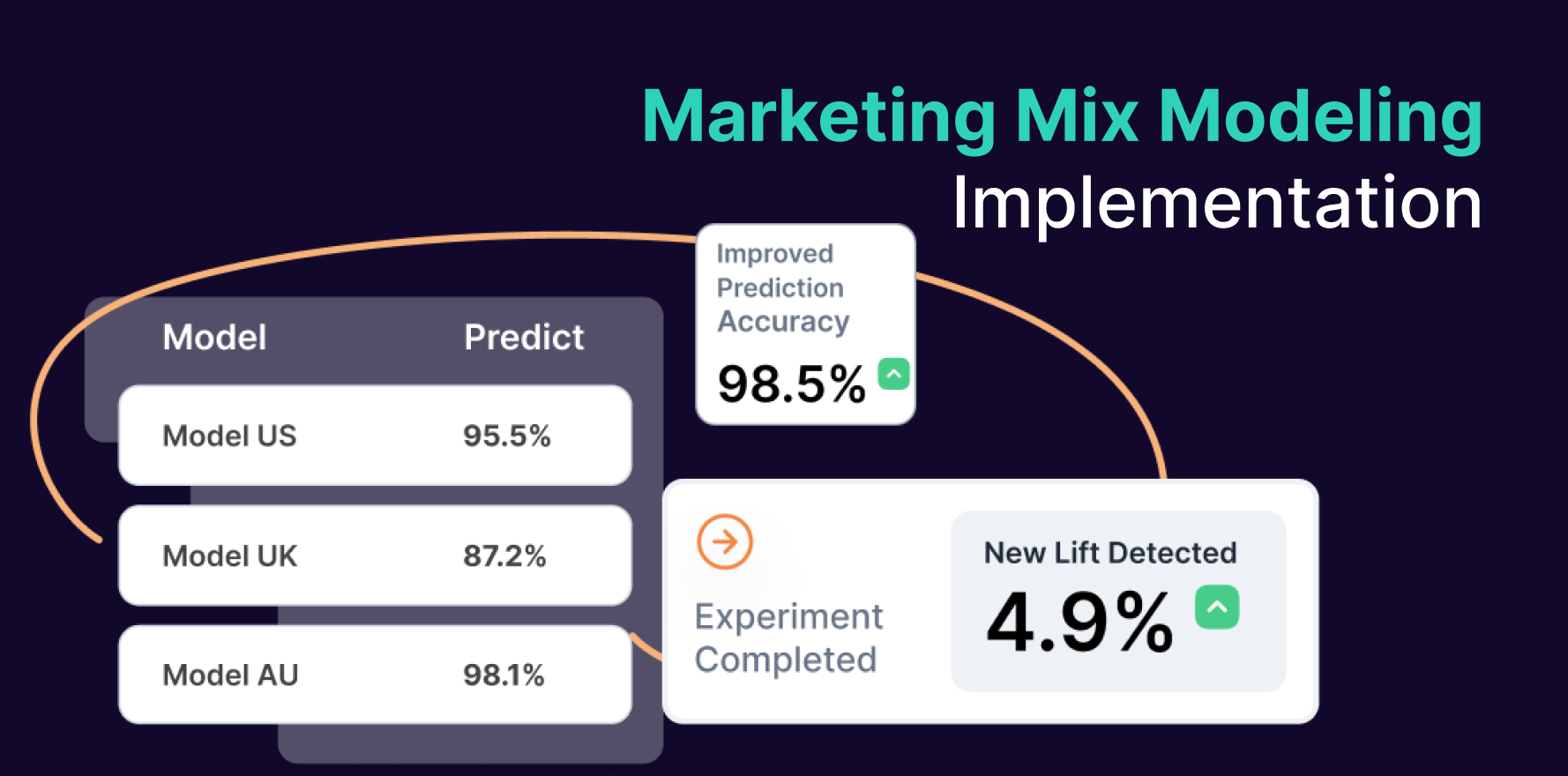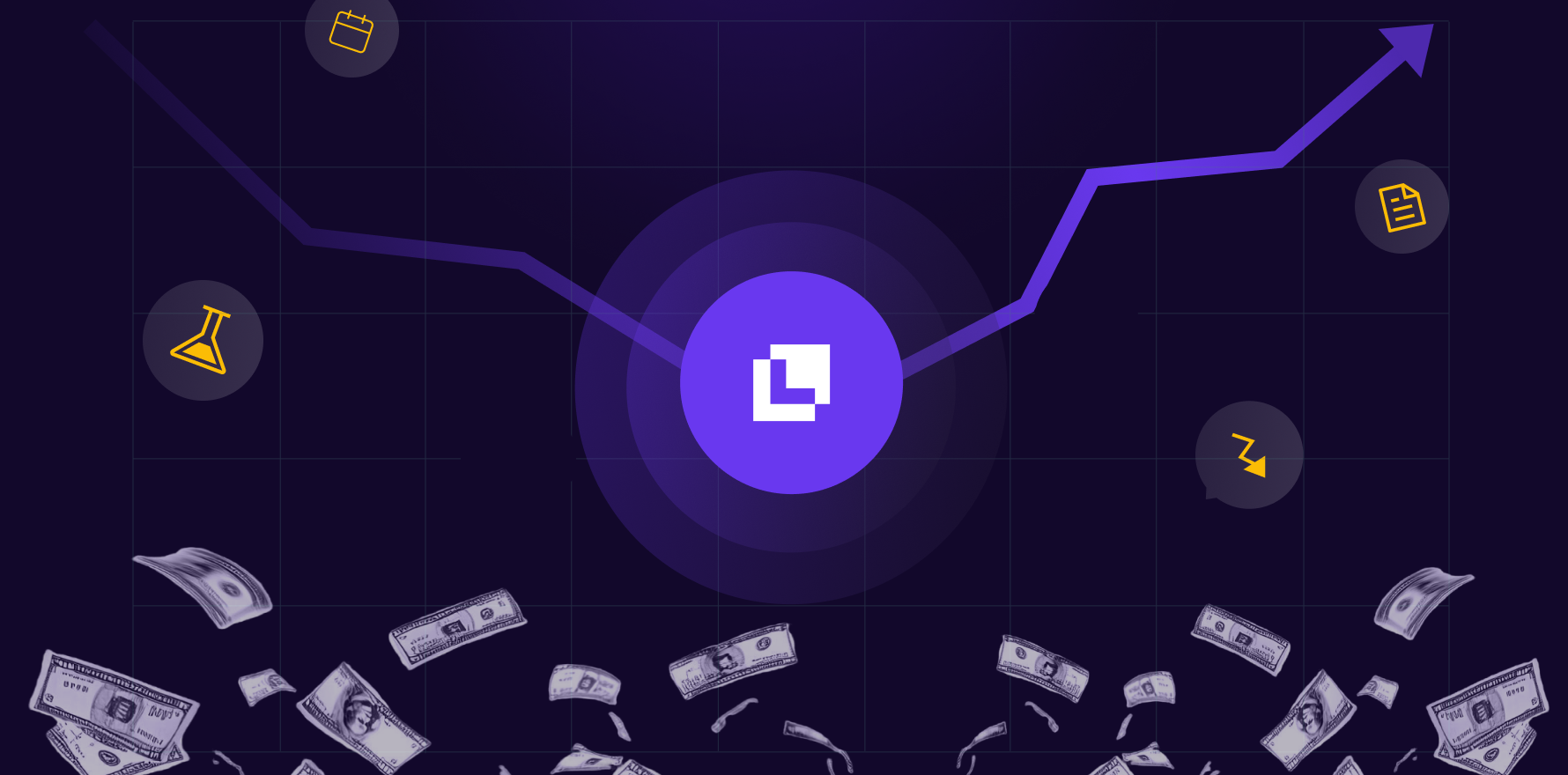What is Walled Garden?
In the context of e-commerce, a Walled Garden refers to a marketplace where the platform owner exercises authority over all attributes including applications, content, and media, and confines user activities within these limits. Prominent examples are mobile app stores like Google Play Store and Apple App Store, where the platform companies control guidelines for app inclusion, user registration, app reviews, app promotion, etc. Walled Gardens are especially attractive for businesses that aspire to deliver a unified and quality customer experience.
Formula
The Walled Garden doesn’t have a specific quantitative formula; rather, it is a business model that’s contingent on certain qualitative factors like effective control measures, user-experience optimizations, and targeted marketing strategies.
Example
A paradigm of a Walled Garden is Facebook’s ecosystem. Facebook permits various applications within its platform, but controls the extent of their functionality, intervening user relationships with the applications. The user-generated content is also retained within the platform for enhancing user engagement and advertising purposes.
Why is Walled Garden important?
The Walled Garden model is critical for maintaining a robust, secure, and quality e-commerce platform. It reinforces high standards of customer experience and shields users from inferior quality or malicious web elements. Moreover, by controlling consumer data, the platform owners can facilitate personalized advertising, promoting better lead conversion rates.
Which factors impact Walled Garden?
Improving a Walled Garden might entail refining control measures for quality assurance, enhancing user experience via regular interface upgrades, and targeted marketing based on user behavior analysis. Besides, it’s always advisable to observe feedback for addressing user concerns and improving engagement.
How can Walled Garden be improved?
Factors influencing the Walled Garden include regulatory policies, technological disruption, competitor strategies, and crucially, user preferences. Evolving data privacy norms may necessitate changes in data control methods, whereas developing technologies like AR/VR might reshape the media guidelines in the ecosystem.
What is Walled Garden’s relationship with other metrics?
A Walled Garden strongly impacts e-commerce metrics such as customer engagement, churn rate, and conversion rate. By providing a controlled, quality experience, customers are more likely to remain engaged, reducing churn rates. Higher engagement also leads to better eye-ball conversion, thus positively influencing conversion rates.
Free essential resources for success
Discover more from Lifesight
















